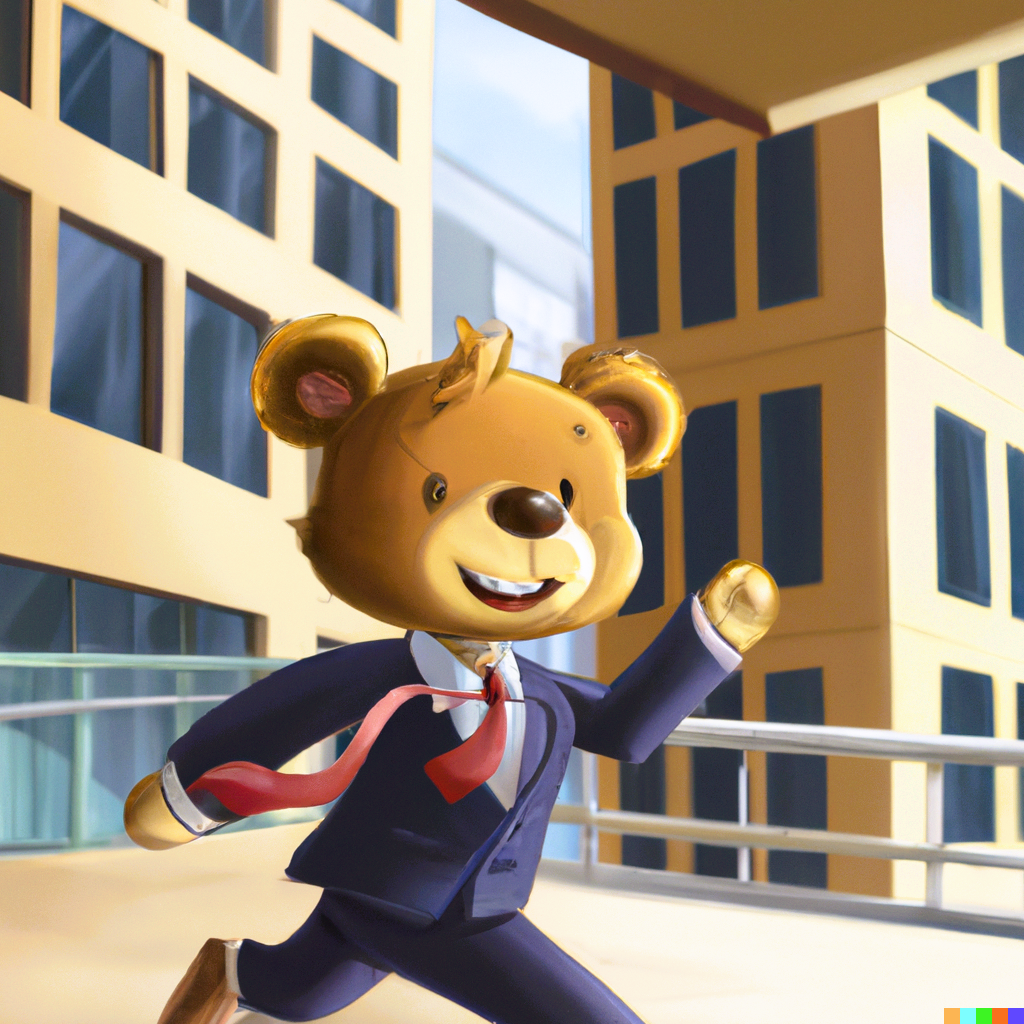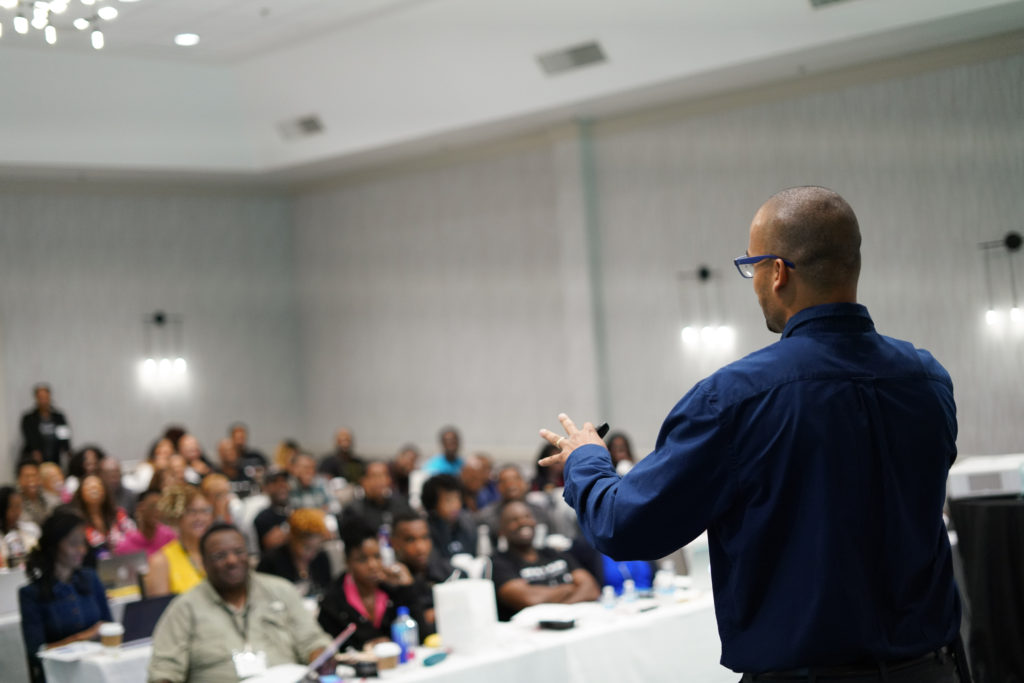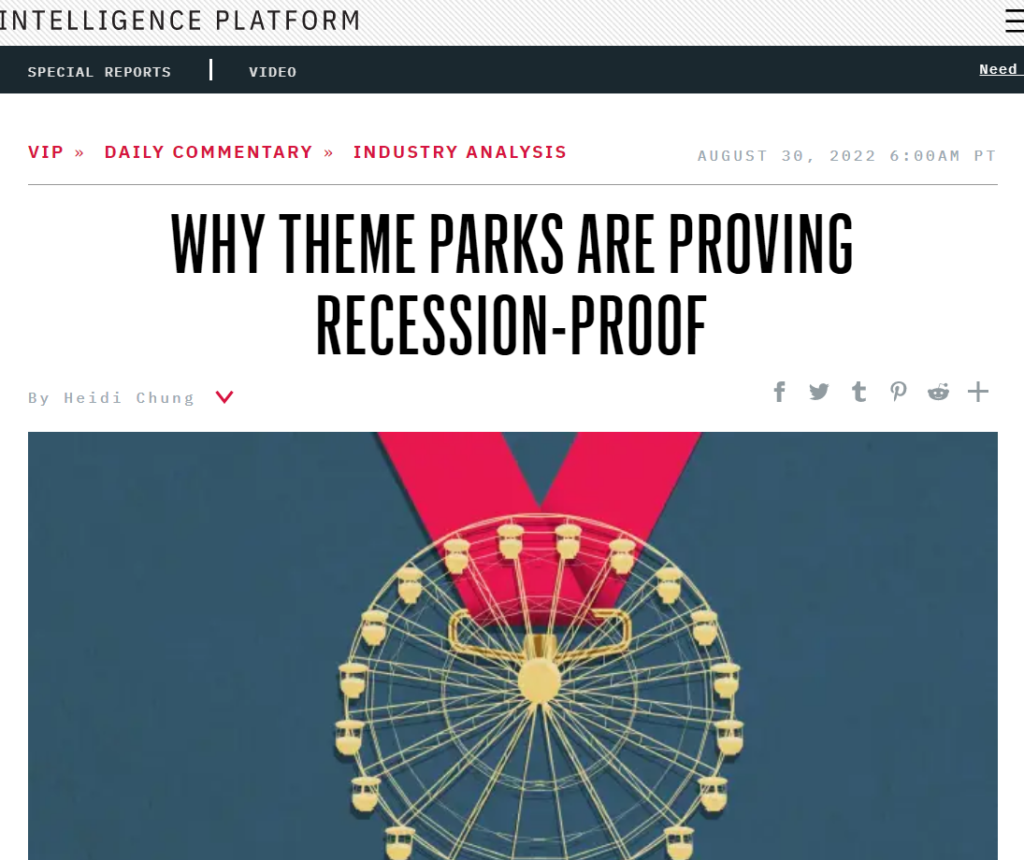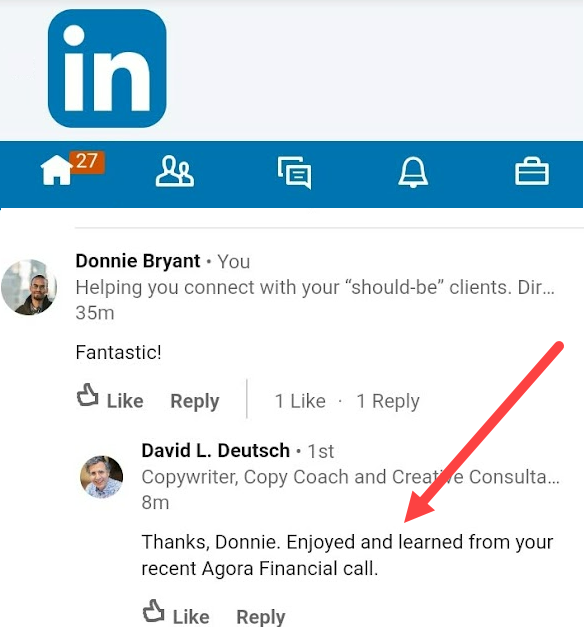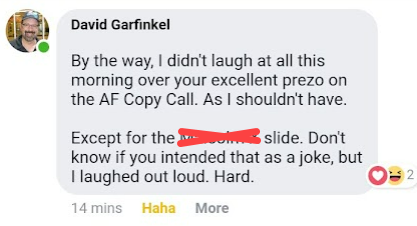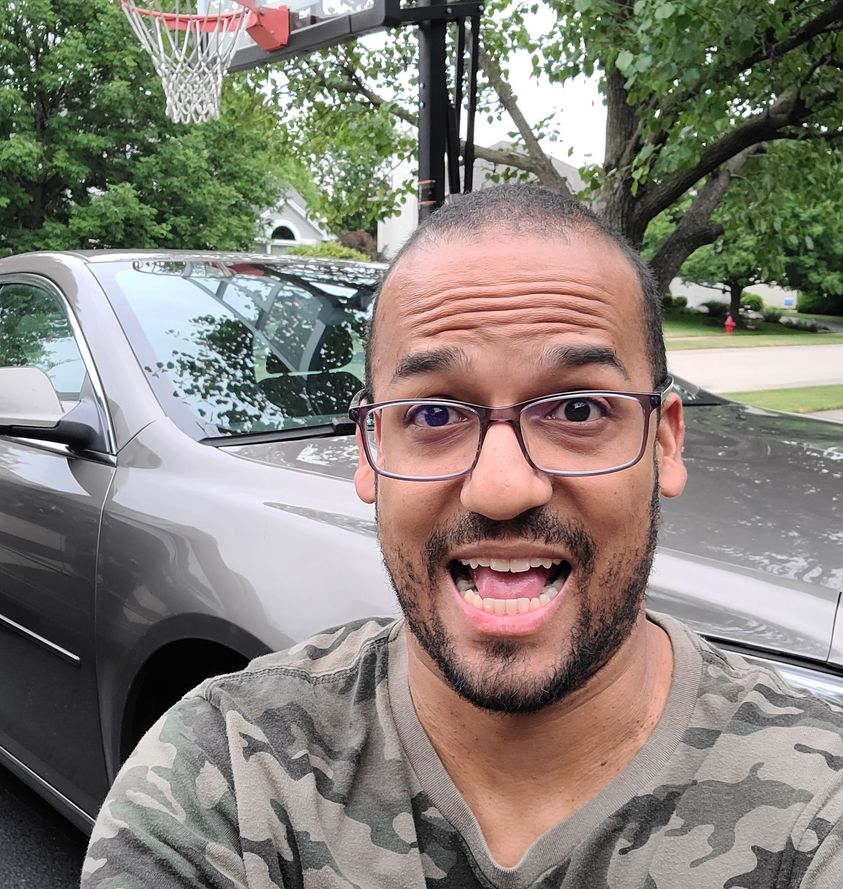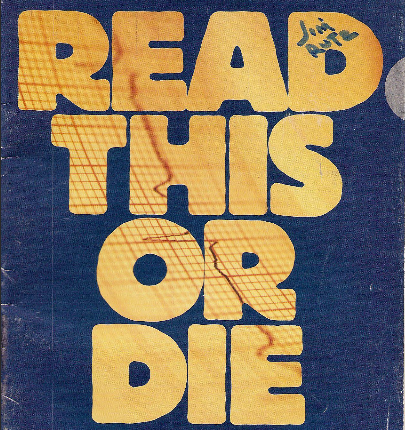“Forty more days and Ninevah will be destroyed!”
After spending 3 days in the belly of a big fish, Jonah marched to the Assyrian capital to deliver a message.
And it worked. The entire city heard the message and repented. No fire or brimstone needed.
It’s fascinating illustration of how effective urgency can be.
I mean, “do X or die” gets right to the point, doesn’t it?
(Makes you wonder: Did Jim Rutz swipe the Jonah when coming up with his famous headline?)
Of course, Jonah was coming out away from a very urgent situation himself. You know, the whole fish thing.
We talked about that the kind of urgency in the previous post.
I promised this post would explore a kind of urgency that goes deeper than deadlines and emergency situations and cuts to the emotional core of your ideal customer.
Let’s go back to Jonah.
His attitudes and actions are also fascinating illustrations of urgency’s other side.
As you remember, your boy did NOT want to go to Ninevah.
He was happy about its coming destruction. And he knew if he did his job as a prophet, the LORD might spare the city.
You know the story. Jonah hopped on a boat to get as far away from Ninevah as possible… but he couldn’t avoid delivering the warning forever.
And his fear came to pass. The people repented and God was merciful.
Throughout this story, there’s an intense battle of urgency going on in Jonah’s mind.
On one hand, he was convinced if he did what he was put on earth to do… the outcome would be transformational.
He even complained to God after the fact: “I knew this was going to happen. That’s why I got on that boat in the first place!”
On the other hand, Jonah’s actions were driven by his (cultural and spiritual) identity and his attachment to it.
Why didn’t he want the people of Ninevah to “turn from their evil ways”?
As he saw it, God was on his side, not theirs. Mercy for them was a threat to his identity.
So when God spared the city, Jonah expressed it’d better for him to die than to accept a different perspective.
Like Jonah, we’re all attached to our identities.
We’ll go to extreme lengths to protect ourselves from threats and to take actions that line up with how we perceive ourselves (or a future version of ourselves we desperately want).
It’s an urgent need.
Here’s the lesson:
1. When you pursue your purpose so intently… when you become so convinced of the transformation that’s possible when you share your message, product or service…
The urgency of who you are and why you do what you do comes through in your communications in a way that’s impossible to fake.
Every interaction and all your communications resonate with it. Your Ninevah, the people you’re here to help, will feel that urgency and respond.
2. Get familiar with your ideal customer so that you have a solid understanding of how he sees himself and his place in the world.
That identity is a key driver of many of decisions, including the content he consumes, the products and services he buys, and how he connects with experts like you.
What’s the future version he urgently wants to grow into? What role can you play in helping him get there?
That’s a different, deeper way to leverage urgency in your sales copy and marketing.
P.S. If your business is related to the reason you were put on this planet, don’t run away from your “Ninevah.”
Believe in the transformation that you can help create and move boldly forward.

